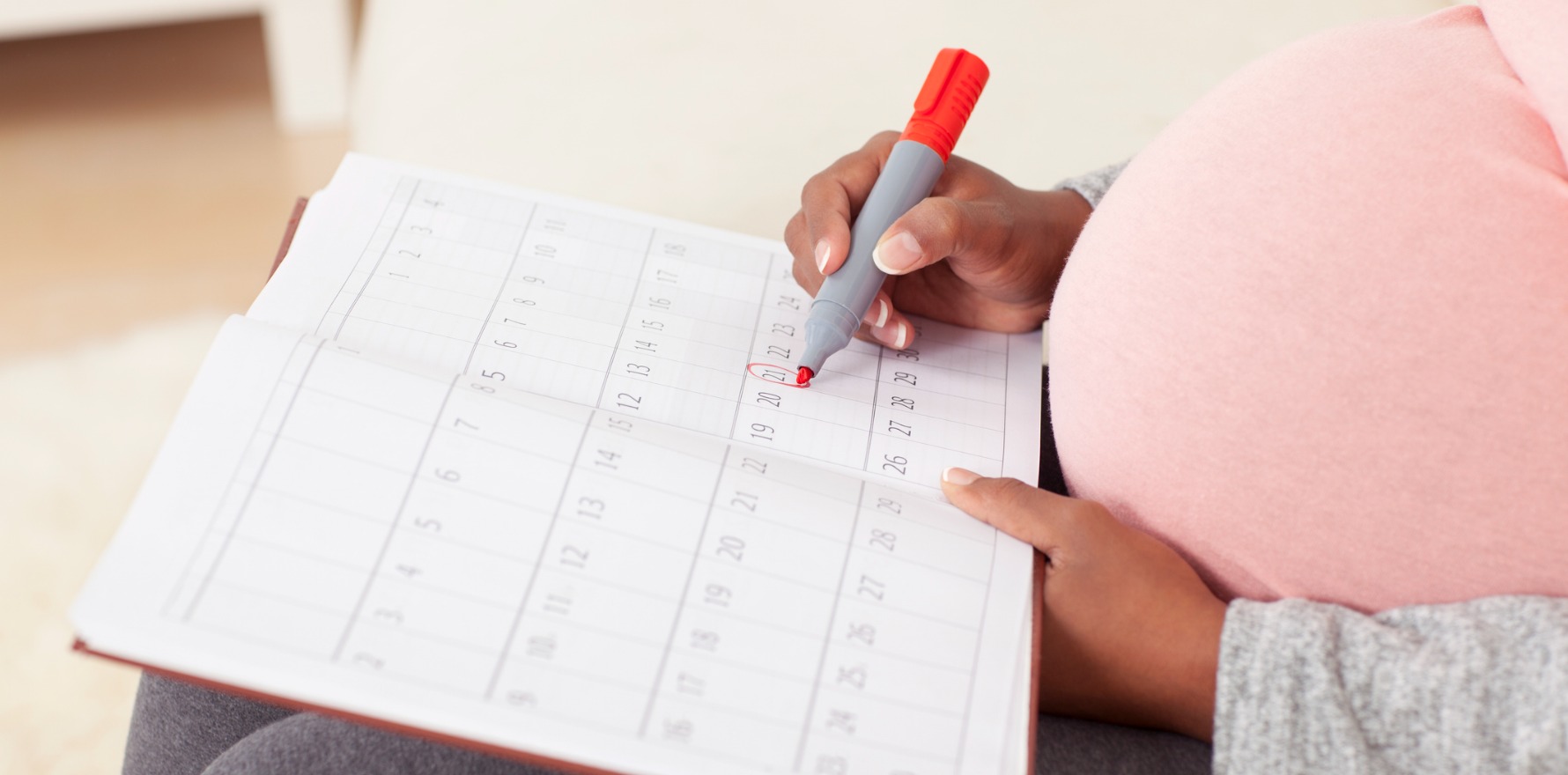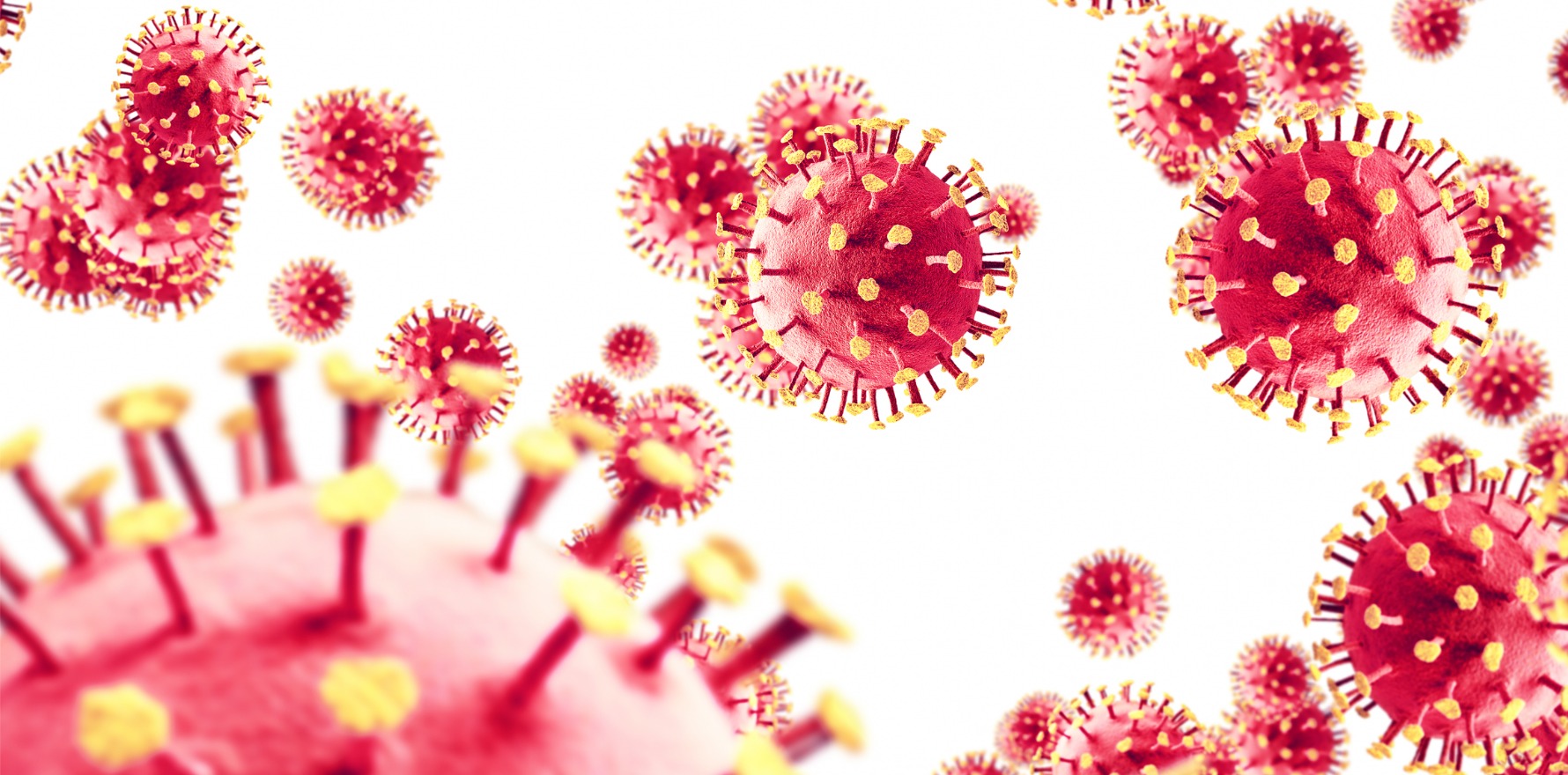Infants have more antibodies when their mums are vaccinated in the third trimester, research suggests.
Infants of women given the pertussis vaccination in the third trimester produce more antibodies than those of women vaccinated earlier, research shows, suggesting better efficacy for those who wait.
Dutch researchers found that antibody levels were significantly higher in the two-month-olds of women given the maternal tetanus, diphtheria and acellular pertussis (Tdap) vaccination between 30 and 33 weeks’ gestation, compared to infants whose mothers were vaccinated between 20 and 24 weeks.
In Australia, the combined diphtheria-tetanus-acellular pertussis vaccine is recommended for all pregnant women between 20 and 32 weeks’ gestation.
The researchers collected blood samples from the women within 24 hours of delivery, from the umbilical cord and from the babies at two months (before they were vaccinated) to measure anti-PT immunoglobulinG (IgG).
The mean concentration of anti-PT IgG antibody levels was 14.7 IU/mL in 66 infants whose mothers were vaccinated earlier, compared with 27.3 IU/mL in 55 infants whose mothers were vaccinated later.
“The reduction in anti-B pertussis antibodies in offspring following maternal Tdap vaccination before 24 weeks’ gestation may possibly be explained by the fact that peak levels of anti-B pertussis antibodies following vaccination are achieved when maternofetal antibody transfer is still suboptimal,” the researchers said in JAMA Network Open.
“This appears not to be compensated by the increased time of around 9 weeks for transport until delivery.”
Australia’s National Immunisation Program Schedule recommends the women be vaccinated in each pregnancy, even if those pregnancies are close together.
For everyone else, the recommendation is for a pertussis booster every 10 years, but not all Australians are eligible for a free vaccine under the NIP.
This every-pregnancy recommendation is partly for simplicity of messaging and to be sure to catch all pregnancies.
Associate Professor Paul Griffin, director of Infectious Diseases at Mater Health Services in Brisbane and Associate Professor of Medicine at the University of Queensland Medical School, told The Medical Republic that vaccinating each pregnancy maximised the protection for both the infant and the mother.
Related
He said antibodies were passed through the placenta to the baby, and smaller amounts were shared during breastfeeding. Professor Griffin said ensuring a booster was given for every pregnancy ensured that no one fell through the cracks – both for the mother’s and the infant’s sake.
“We know just how effective it is in pregnancy, and we know that your immunity declines over a much slower period of time than most people will have consecutive children in,” he said.
“But I think if we tried to nuance it too much and add an additional time factor, we potentially miss some opportunities. If we went to every two or maybe every five years, and someone was pregnant just outside of that, and we potentially missed that that boat, the consequences could be so significant.
“The counter argument is that there’s no problem giving it more often. As you know, we see with people that might have had quite a few babies, it doesn’t cause a significant increase in adverse events or outcomes in any way.
“There’s no harm in doing it more often, so for those reasons, we’ve just kind of made it simpler and consistent in that it’s every pregnancy.”





